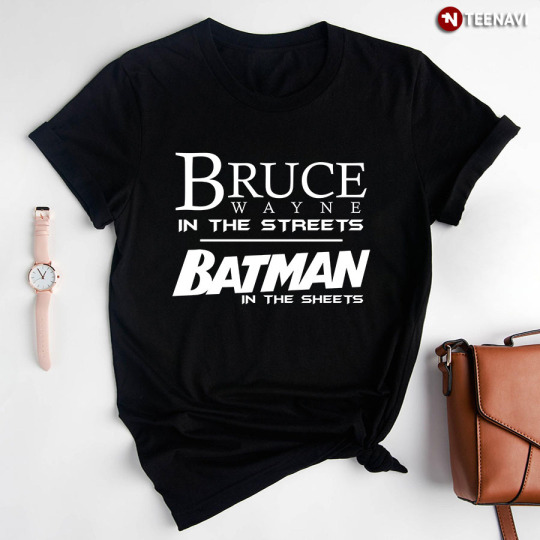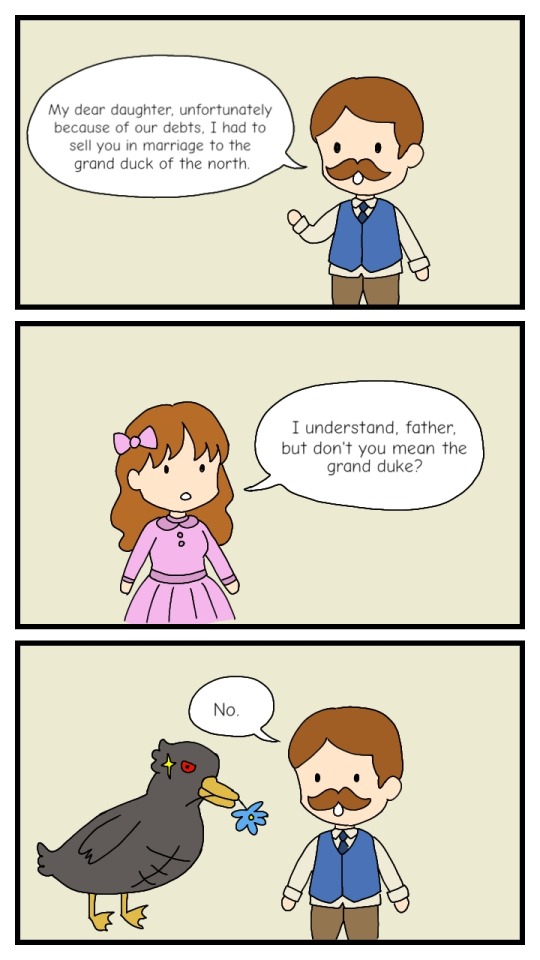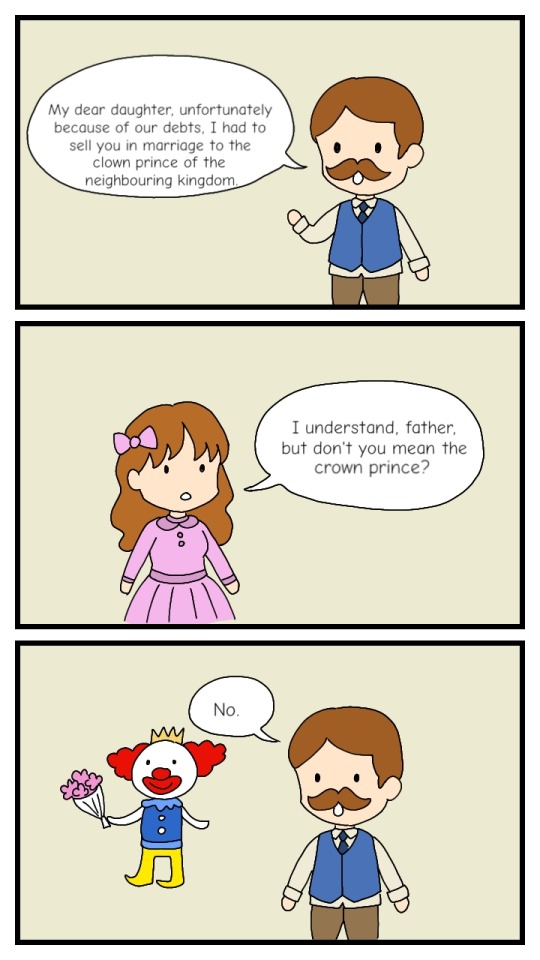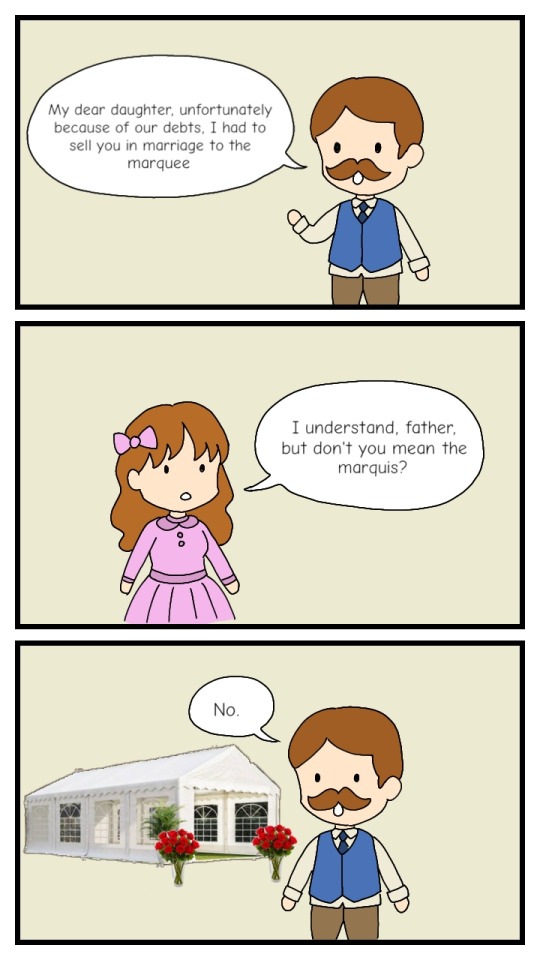#the eligible bachelors are like
Explore tagged Tumblr posts
Text
A Practical Discussion of Eligible MDZS Bachelors During the Second Life
So I keep seeing discussions floating around about like "why aren't any of these people married" and "are JC's standards too high?" and other assorted nonsense, so I have decided to put together a ranking of like "if a practical minded historical* woman wanted to get ahead politically with the LEAST amount of #suffering, what rankings would she give these guys." Because I've been really fond of @dangermousie's poll options, I'm calling this girl Potato.
*Historical fantasy more or less given that we assume that Potato is also a cultivator.
Jiang Cheng There are many reasons for this but 1) Jiang Cheng's in-laws consist entirely of (1) bratty nephew who doesn't even live at his house full time, 2) there are no other meddling in laws or sect elders given that Jiang Cheng is the only one! 3) he is reasonably good looking, well off, and has social status by this point in the story. Potato can probably win over a bratty nephew! Downsides include: if Potato doesn't like spicy foods oh dear, but honestly we don't know what Potato's spice tolerance is so it could still work out!
Nie Huaisang: Being married to NHS would be an exercise in perpetual embarrassment, and it's unclear if his budget line items ever since Da-ge died are any more detailed than "Summertime Sadness." There are worse people to marry, but why anyone (including Potato) would willingly choose to marry NHS for political benefit eludes me. He is ranked higher on this list than any Lan largely for the sake of "his mom was probably not in solitary confinement" and "there are likely no dietary restrictions present in his house." but the other downsides include "he's probably going to go INSANE" at some point but silver lining on that front is that he's really not a very good cultivator, so it probably won't be as bad as NMJ's insanity bender? Potato could rank him lower than any Lan options tbh.
Lan Xichen There are also many reasons why Mr. Zewu-jun is not an ideal marriage candidate for practical reasons but this largely has to do with his family. There's 33 favorite grandpas who seem to have opinions on the regular. The in-law trouble would suck tremendously. There's 5am wakeup calls and 9pm bedtimes and no meat or alcohol. There's like between 3000-4000 rules Potato will have to remember and actually follow! His mom spent her entire married life mysteriously in solitary confinement. #Yikes!
This seems like an unwise place to marry into. Potato could do better.
Lan Wangji See above except for the part where he doesn't even like Potato and only thinks about WWX all day.
Lan Qiren I am uncertain about Potato's investment in #HotDilfsInLocalArea but 3000-4000 rules and many of Zewu-jun's problems.
Jin Guangyao He's already married and he's never cheating on his incest marriage, and he has his ex's head in his bedroom closet. Also #Yikes. Potato could do better than this too.
Basically: Potato should either aim to marry Jiang Cheng or go to live as a hermit in the woods.
#this is a joke post but#honestly Mianmian had the right idea here#the eligible bachelors are like#“Jiang Cheng is winning by a country mile” and then “there's also these other guys I guess?????”#meta#my meta#laugh rule
438 notes
·
View notes
Text
Rereading wmmap for the hell of it and things that further add evidence onto novel Ijekiel’s behavior towards Jennette being a result of HIS OWN expectations he held himself to, when Athy/Lee Jihye falls into him for their first meeting, and then hides because Roger approaches. Roger then talks to a young Ijekiel, and Ijekiel says how he was looking for Jennette because Jennette got upset and ran out of the mansion due to hearing about Ijekiel studying abroad.
BUT THEN. Roger tells Ijekiel that he doesn’t need to deal with Jennette’s tantrums! Because though Jennette is important, Roger tells Ijekiel that he holds Ijekiel more important than her! Ijekiel knew then—from a childhood age that he never needed to look after Jennette or obey her requests. Roger never held that expectation on him. The only one holding him to the responsibility of ‘looking after Jennette’ was Ijekiel himself! It became such a thing that he bound himself to, so much so he dreaded it though no one but he wanted such, not even Jennette herself! Yet he dared, dared to push and blame that on her, that it was her fault and her selfishness that crushed him and made him resent her so—but it was himself all along! He was never actually bound to her, never actually pressured into taking care of or obeying her. It was a role he forced himself into taking, and blamed Jennette for the moment his resentment and jealousy bottled up and bursted!
#who made me a princess#wmmap#suddenly became a princess one day#sbapod#novel ijekiel#wmmap ijekiel#sbapod ijekiel#syl tea#wmmap novel#me ecrashing out verytime I think about novel Ijekiel#him acting like he was suffering and being tormented so much for so long#only for it to turn out that no one put any actual pressure on him#and he’s still the most privileged and eligible bachelor in the empire#Roger telling him straight up he never has to deal with Jennette#Jennette never tells him he has to be forced to deal with her#but then he gets up in his own emotions and gets upset about how he had to always deal with her#like huh??? no one wanted this#no one wanted you to deal with her#no one expected for you to deal with her#the only one who bound you to Jennette was you#and then you blamed her for it#like its comedic#he dared to blame Jennette and call her spoiled with everything#yet he received every luxury Jennette did and more#he got to expand his wings and see the world. meet and encounter different like-minded people. socialize freely.#all while taking pleasure in his right as the Duke’s sole heir#and he got upset at Jennette#because she couldn’t freely have access to this stuff without asking him to accompany or help her#that he never needed to personally deal with and could always reject without repercussions#how am I supposed to believe he’s the victim here? should I feel pity for this man? because I don’t.
39 notes
·
View notes
Text
fit fucking mc being involved in one of the most popular gay ships in the fandom will never not be funny to me
#qsmp#q!fitmc#fitpac#yall looked at the oldest anarchy server in minecraft guy and said “more like the oldest most eligible bachelor”#fitmc
267 notes
·
View notes
Text
kagami who drops in and woos adrien agreste but has everyone turn their back on her for breaking up their beautiful adrienette (even tho they weren’t even dating and adrien showed little signs of being interested in marinette)
marinette who went out with chat noir once and pictures of the two of them circulated and almost the entirety of paris hating her guts for breaking up their beautiful ladynoir (even tho they weren’t even dating and ladybug showed little signs of being interested in chat noir)
marinette and kagami bonding over being demonized for liking a boy and the fact that misogyny won that day.
anyways. my point is. marigami. thank you. goodnight.
#i don’t even actually ship them#but the thought of them being hated on for pulling paris’ most eligible bachelors#and then bonding over said experience#becoming really REALLY close friends#special friends even#who kiss#because who needs boys?#marigami#screaming along to sabrina carpenter’s all because i liked a boy#marinette dupain cheng#kagami tsurugi#adrien agreste#chat noir#marichat#adrigami#truthfully. in my mind. it went more like kagami developing a crush on marinette but marinette just letting her love life wither#she’s an independent woman#running her own business#men ain’t shit#while kagami is like#😍 uh huh uh uhuh what else 🥰#mlb#miraculous ladybug#poor adrien is standing off to the side riddled with guilt#LMAOOO#i was listening to all because i liked a boy while thinking of them and this happened 🤭
90 notes
·
View notes
Text
DON'T LISTEN THERE ARE NO RUMOURS

@20201816
#yknow this gives off like#celebrity news headlines vibes#“Tokyo's most eligible bachelor spotted with-”#definitely not me 🙄
10 notes
·
View notes
Text
19 & pausing to take my glasses off, huff on them, wipe them with my shirt n put them on before responding to a question. if anyone needs a dad im right here
#beautiful girls do middle aged man things#the other middle aged man thing I do is middle aged women#ladies over 35 know i’m an eligible bachelor#but it does make me feel like i’m in a hardware store#I worked at a hardware store#let me tell u about deck sealant#HOLD THE FUCKING LIGHT STRAIGHT
7 notes
·
View notes
Text

Origin of the Pixies
Fairly OddParents ~ (August 2016 - Ongoing)
"Talk of these things should be reserved for fathers and sons. I'm Head Pixie. I'm your aldra mór, but I'm no one's daddy."
Head Pixie backstory longfic
Drama & Angst (I hear there's fluff in here somewhere...)
First-person POV
Dead Dove
Summary
After being infected with Wolbachia pipientis - the real-life bacteria that causes insects to reproduce asexually - Fergus Whimsifinado soon finds himself a single father struggling to provide for 500+ genetically-identical offspring he never really wanted in the first place. Suddenly becoming the first member of a brand new species means complex politics to deal with, a Pixie World to build, a shipping company and a therapy business to manage, and a budding interspecies war to survive... ... All on top of raising children.
Not Rated; Creator Chose Not to Use Archive Warnings
Read on FFN | Read on AO3
Chapter Recaps | Gen 2 Pixies Sheet
Cloudlands AU - Detailed warnings & other AU info
More Fairly OddParents 'fics
This work has a largely T tone. Borderline M for themes like 'queen bee' insect people fighting to the death, getting abducted by Cupid's family for study, being forced into a will o' the wisp's harem to ensure milk for newborn Sanderson, and general themes of non-human reproduction, child loss, and war.
Head Pixie-centric longfic with a focus on:
- Growing up with freckles in insect society, where you're typecast as a violent "queen bee" who'll stop at nothing to defend his hive. Set Daddy's fortune aside for wergild; you're gonna need it. - Accidental selkie wife addition (Please don't send her back to Mom; she needs this job) - Local party boy struggles to prioritize fatherhood above raves - Getting abducted by Cupid's hot grumpy mom, who's absolutely willing to push you to your limits if it means she can unravel your biology and show you off to all her friends - Raising little worker bees... I mean, drone pixies who regularly need their faces licked for pheromone exposure or they'll cry - Cloudlands' most eligible rich bachelor rejects hugs because he fears bee-instinct cuddle death attacks; more at 11 - Building a company up from nothing. Gotta start somewhere- Why not with cupcakes? (Maybe cute kids are good for something after all...) - Raising an heir you're biologically programmed to kill... It's fine- Sis is raising the spare - Why did we think adopting a cù sìth that can steal your soul if you lie was a good idea? - The cool girl who founded the human godparenting division is afraid you'll hurt her with your big, scary muscles and she'd rather "just be friends." oh no. - WHAT midlife crisis? Hahaha... Don't read Chapter 37. - The war over godkids from "Balance of Flour" (Season 7); H.P. and his 4 eldest pixies are drafted on the Fairies' side. Huh... That's gonna cause issues with the whole "BFF with the leader of the Anti-Fairies" thing... - Divorce? Child loss?? Raising some anti-fairy kid with Anti-Cosmo? Uh-oh. - His hat is also a pen
Read on FFN | Read on AO3 | Blog Tag
"I'm impolite and I make fun of everyone! I'm immature but I will stay this way forever <3" (x)
#Fairly OddParents#FOP#Head Pixie#FOP fanfic#I'm wasp dad trash#We're Pixies!#Cloudlands AU#Cloudlands' most eligible bachelor. He can accidentally infect you so you'll die a rapid and extremely painful death :)#FAIRIES!#ridwriting#Origin of the Pixies#apparently art#ridwork guides#ridspoilers#/slams this one down after holding it for a month b/c I was committed to posting in order- “Let's freakin' GO!”#/fingerguns anyone who read this far in tags and is debating whether to read- On hiatus until Anti-Cosmo backstory 'fic catches up#but not abandoned!! Just waiting for A.C. to reach the war chapters so we can alternate POVs :)#My one regret is... I worry his wing only looks like one to those who know that's the color I use for pixie wing costas but :'D#fic announcement#dead dove#FOP Pixies#FOP Sanderson#Sanderson is neat
21 notes
·
View notes
Text
happy pride month to arcade gannon from fallout new vegas
before i met him again i leveled my speech really high so i could recruit him as a companion and then i got the option to flirt with him instead and he immediately decided to come with me
#i recruited him in my first playthrough but i didnt have the eligible bachelor perk#and then like three hours later i realized that my file had decided it would lock me out of progressing the story#new vegas#arcade gannon
22 notes
·
View notes
Text
Not me shipping Sansa with Podrick in year two thousand and twenty four
#I just want her to actually get the healthy and happy love that she deserves#and always dreamed of as a child before half of the creeps of Westeros descended on her like wolves#will never happen in the books though I still find myself grasping for straws#but TV Podrick is literally not only the most eligible sweet bachelor of Westeros#he’s a knight by the end#like in all the songs and stories Sansa loved as a child#and we know Podrick respects women with authority#‘but they wouldn’t be able to marry because he’s just a Payne and she’s the queen in the North’ you say#I know but imagine the ANGST#actually straight out of a medieval song#he keeps his vow she keeps her political position and they both pine endlessly from a distance#podsa#sansa x podrick#asoiaf#game of Thrones#sansa stark#podrick payne
52 notes
·
View notes
Text
yeah that’s it I’ve got to get mutuals who actually like the shit I like
#at this point I’m like rambling to myself in solitary confinement#and yeah I don’t like acotar#so I’m throwing myself in the scene ig 🥱 eligible bachelor ig 🙄
13 notes
·
View notes
Text
THINKING about Chirp’s “this is like one of the only women I've gotten to hang out with, and so I think that I'm like, I don't want to fuck it up” re: whether she wanted to really exert social pressure on Binx during their convo in Duel on the Southern Lawn
#N posts stuff#like. how self indulgent Can i get with this AU idea? can i pull of centering Hob and Binx and Chirp#and let that basically be that. i do Like the others perfectly fine it’s just. well idk.#i think it'd be more interesting to focus on the dynamics these three could get up to. esp bc again this episode sets it All up very well#with Chirp toying with the idea of Hob being an eligible bachelor AND the BinxHob rumors i've already talked about AND#the Chirp and Binx 'we've all overspoken a little bit today' and the more overt display of Trust that chirp shows binx at the end#<- has not fucking written ANY of the AU yet; it's just spinning around up there without touching anything
2 notes
·
View notes
Text
one thing that always bothered me and confused me about mdzs is why Wei Wuxian and Jiang cheng were pitted against each other so strongly. Bc even if you take into account that people would assume wwx was a bastard of jfm, in the narrative its something that is common? Or at least in terms of the Jin, there were bastards flying all over the place but I don’t remember there ever being competition about who would be the sect leader, it was always Jzx until he died. So idk if I missed something or I’m misremembering but it honestly feels like most of the pressure came from the fragile relationship between the Jiang parents and less about what society thought. Also favoring Wei Wuxian is one thing but jfm never gave any implication that he was being favored as the next in line, as shitty as his favoritism was. It just makes me feel sad that both boys were under so much pressure for absolutely futile reasons at the end of the day. Like was jc’s cultivation that bad?? I don’t think so?? And even then if he was less talented than wwx it wouldn’t matter bc he’s still the heir. It would be insane if jfm just decided to break convention over talent bc of some sect motto. And I don’t remember there ever being a requirement to be an outstanding amazing cultivator to be sect leader. If that was the case then there would be no hereditary structure to succession, and jfm wouldn’t even be on the roster? Neither would jgs. There was never any importance on their ‘talents’ so wtf was the problem.
Also what was the timeline on Wei Wuxians conception bc he and Jiang cheng were born like a week apart at least at most one year and it seems like wwxs parents were not even at lotus pier since they left to wander together. I feel like that would clear a lot of things up tbh. bc I don’t think jfm capable of finding csr on the road and conceiving wwx and then coming home to yzy and conceiving jc, and csr wasn’t even a yunmeng jiang cultivator it was wcz?? So what was the overlap. Like did jfm get wcz pregnant or what?? Were they regular visitors to lotus pier? To me it read like jfm was a great friend and leader to wcz and admired csr but I read it a while ago so idk. It’s not helped by the fact that jfm doesn’t seem to favor yzy more than is necessary at least outright, and we all know she ain’t the most attentive either. So basically jc and wwx were brought into the world into a weird and fucked up long distance foursome situation and spent their entire youth suffering under the second hand feelings of their parents.
#rip chengxian they were doomed from the start#I still don’t understand why jc’s cultivation talent was that important#was there ever a mentioning of cultivation power being necessary#all I remember is people complimenting wwx for being cool and sometimes lwj#and that whole list of eligible bachelors thing#but like they never even gave jc an chance dawg 😭#and nhs was not even a fighter but he was still sect leader#the pressure on jc to succeed just felt so fabricated#I think it was just there to create the rift between him and wwx#but it also sticks out like a sore thumb#since no one else was under similar pressure#also are we really gonna sit there and believe that in a patriarchal society it mattered that there was a bastard#that’s exactly why legitimate marriages were so important#yzy being a bitch about wwx would not even matter either#and why did she believe that wwx was a bastard in the first place? maybe there was a possibility but honestly feels super illogical on her#a dna test would’ve saved them#mdzs#jiang cheng#wei wuxian
26 notes
·
View notes
Note
Sonia can show them the way
Sonia brings out the diagrams on how she could hypothetically engage in coitus with the Safezone 2.0, forcing Dulwit to return to the drawing board to create the Safezone 3.0, a spacefaring vessel that is 100% safe and 0% fuckable
#thoughts.txt#ocs tag#she doesnt event want to do it. she just likes knowing all of her options#several eligible alien bachelorettes a few alien bachelors and her boss's spaceship
2 notes
·
View notes
Text

this is baffling me. should it not quite obviously be the other way around
#batman in the sheets? not gothams most eligible bachelor? not the richest man on the planet?#even better: BRUCE WAYNE in the STREETS? that man can’t throw a punch to save his life#batman#bruce wayne#batstuff#also this isn’t a one off thing all the shirts are like this
14 notes
·
View notes
Text



#its me and my bs again#otome isekai#i find the forced into a marriage trope kinda silly bc usually the other party is the most eligible bachelor in the kingdom and who should#definitely have tons of women throwing themselves at him if it wasnt for the author giving him negative eq#so that blandina mcselfinsert would be a viable option. but also she is forced into so she doesnt exactly have a choice but to fall in love#with mr tall dark and handsome#its like being sold to one direction. but for rofan
4 notes
·
View notes
Text
I think I'm over the "men are the WOOOOOORST" hill of irrational rage :D
#i pray fervently that this year is a year without drama.#may I not find anyone attractive and pin my hopes on them like the brainless romantic i can be when i get silly!#this coming on the heels of that guy i was briefly interested in but who was like.#no i don't want kids they'll get in the way of my Ambitions I don't want that kind of responsibility#anywayyyy not ALL men are the worst i know this because i have a good dad and good male friends#this is referring to eligible bachelors around my age btw. glad im over that hill. some of them are pretty cool brothers in Christ.#even if some of them could do with a serious wake up call
29 notes
·
View notes